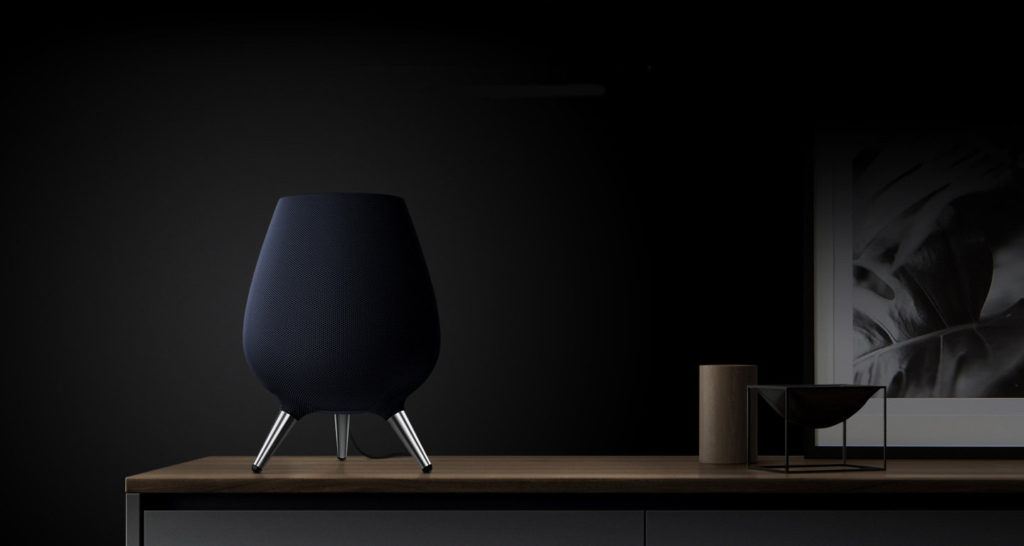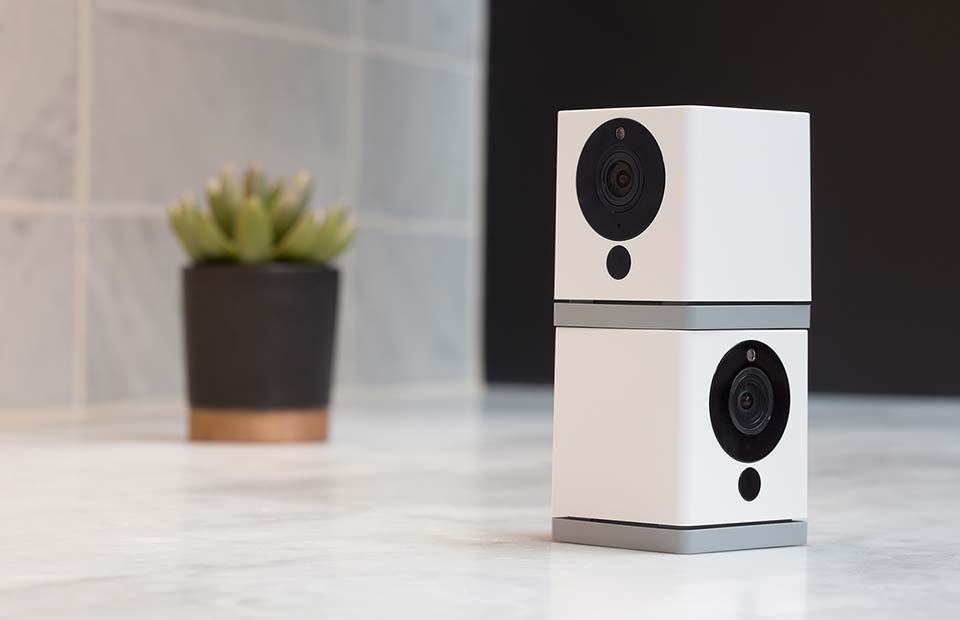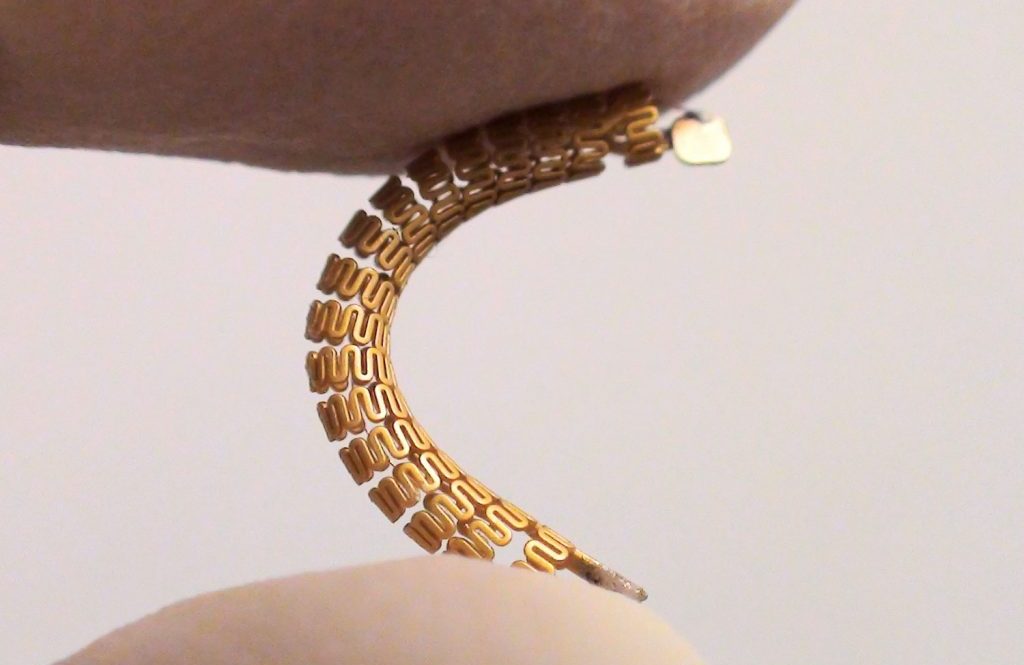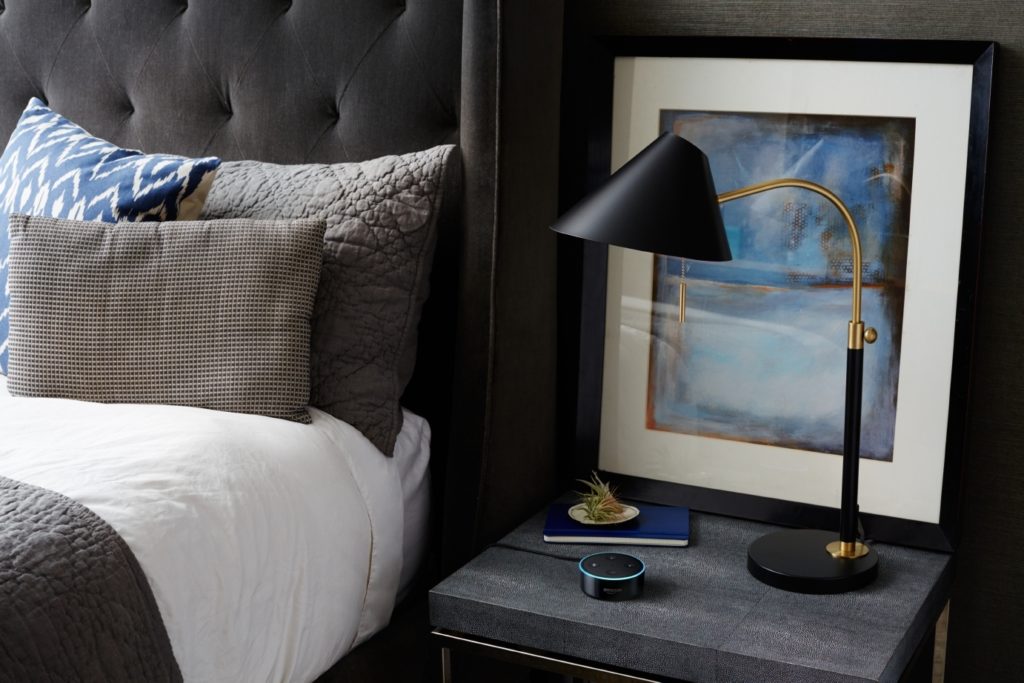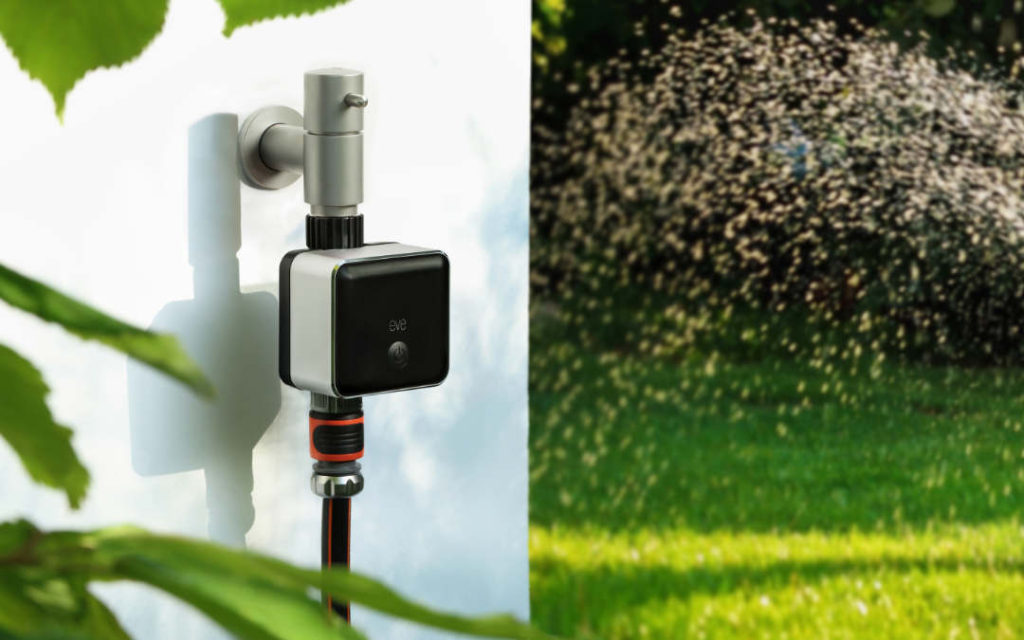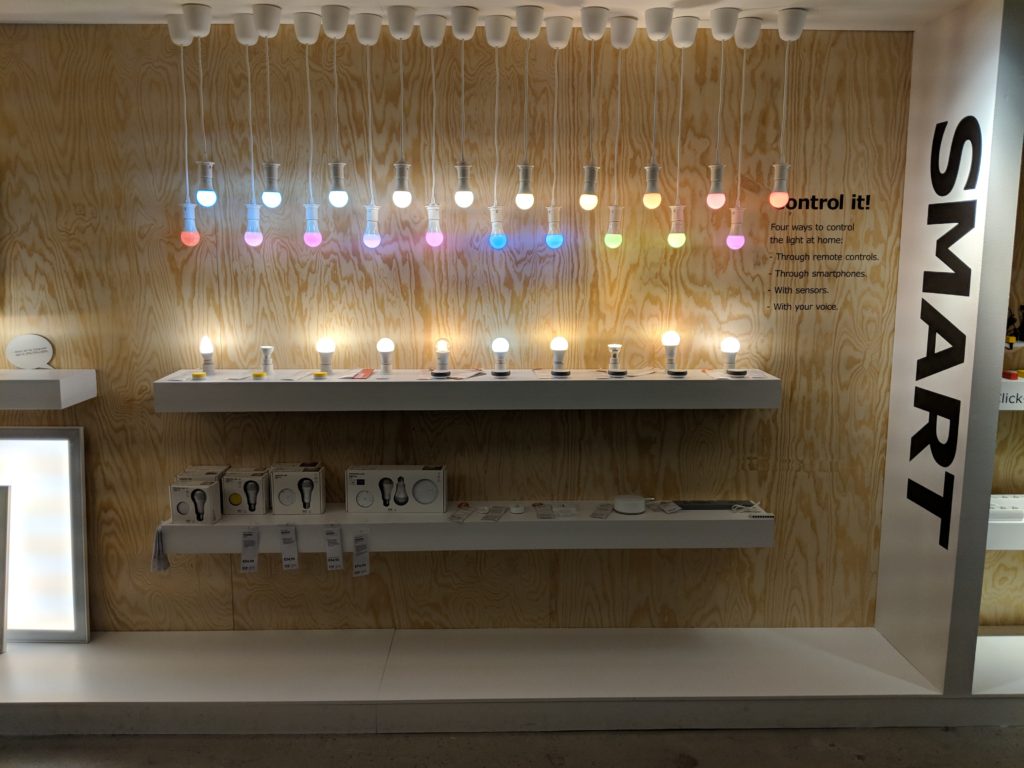This week we learn more details about Lenovo’s smart home line and talk about Amazon’s new Alexa API for sensors and motion detectors. We touch on a combined router/smart speaker that has Kevin feeling vindicated and talk about the challenges new business models such as Target’s Fetch program face. The Open Connectivity Foundation’s latest version of the IoTivity standard also gets a mention. Security woes are back on the show this week with hacked enterprise door locks and another IoT botnet. We also discuss Relayr’s acquisition by Munich Re and a partnership between Jabil and Tibco to offer a complete electronics board for embedded devices. We then take a call about a builder who wants to place an Interlogix alarm system in a new home, and how the DIY buyer may want to proceed on the IoT Podcast Listener Hotline.
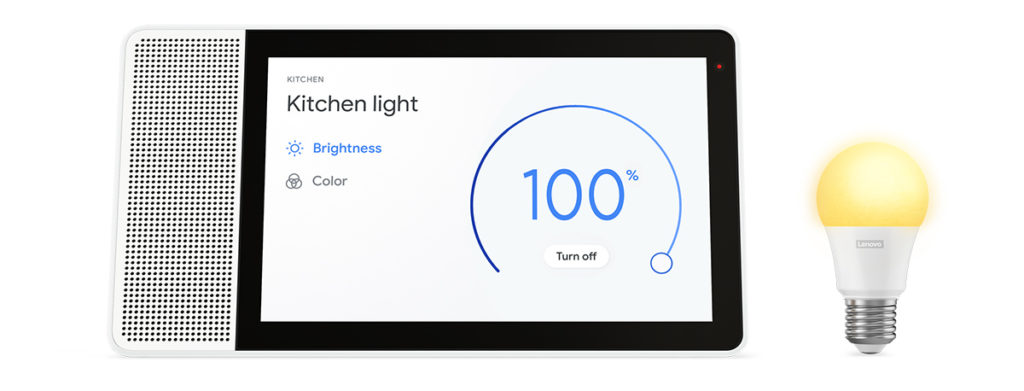
Our guest this week tackles the challenges of indoor location, explaining why it matters and why it’s so hard. Vikram Pavate is CEO of Locix, a newly launched startup that has been working on this problem for the last four years. Pavate talks about using indoor location in typical use cases such as inventory management, but also to take away some of the manual labor associated with the smart home. I can’t be the only one who hates hand labeling the rooms for every light bulb in the house.
Hosts: Stacey Higginbotham and Kevin Tofel
Guest: Vikram Pavate is CEO of Locix
Sponsors: SAS and Auklet
- Amazon’s Alexa gets new skills and a bunch of devices
- What makes an IoT standard?
- Why Munich Re needs an IoT platform
- Indoor location is hard but the context it provides is key
Podcast: Play in new window | Download | Embed
Subscribe: RSS


